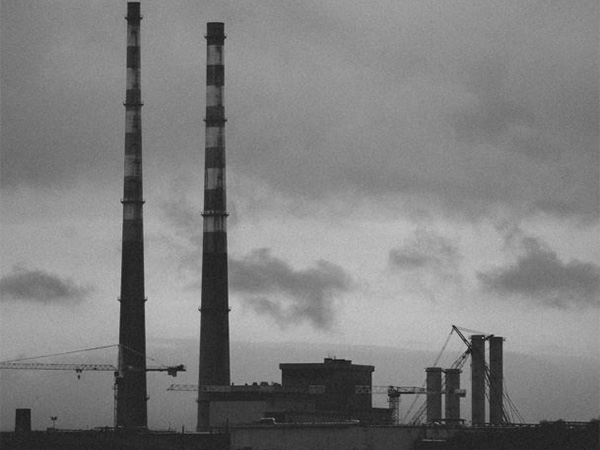Relief for Thermal Power: FGD Norms Relaxed
Thermal power plants benefit from relaxed Flue Gas Desulphurization (FGD) norms, easing investment burdens and tariff expenses per a CareEdge report. The Ministry of Environment's July notification exempts certain plants, reducing pollution compliance costs and reshaping India’s energy landscape towards coal continuation amid pollution concerns.

- Country:
- India
The Ministry of Environment, Forest and Climate Change has announced revised Flue Gas Desulphurization (FGD) norms for coal-based plants, offering exemptions that provide financial relief to producers, according to a CareEdge Ratings report. This move, documented in a July 2025 notification, alters the requirements on sulphur dioxide emissions for these power stations.
The installation of FGD systems, essential for reducing SO₂ emissions from coal-fired operations, carries a significant financial burden—estimated up to Rs 1,16,000 crore for the sector. The CareEdge report highlights that exempting selected plants could save between Rs 19,000 crore and Rs 24,000 crore annually in tariff costs. Plants outside sensitive zones, described as Category C, will enjoy partial relief, contingent upon compliance with other environmental regulations.
Despite the push towards renewables, coal remains central, contributing to 75% of India's power generation by 2024–25. The carbon footprint of coal plants is substantial, linked to half of India's SOx emissions, but plans to spare these plants from strict compliance aim to bolster energy production capacity. Future energy policies will need to balance these environmental impacts amidst growing energy demands projected to reach 1,233 billion units by 2029–30.
(With inputs from agencies.)










